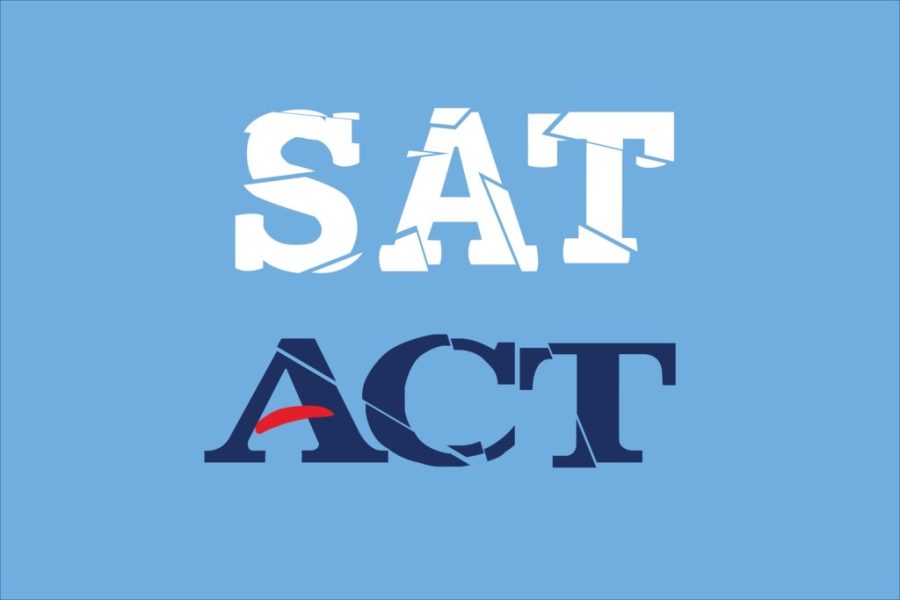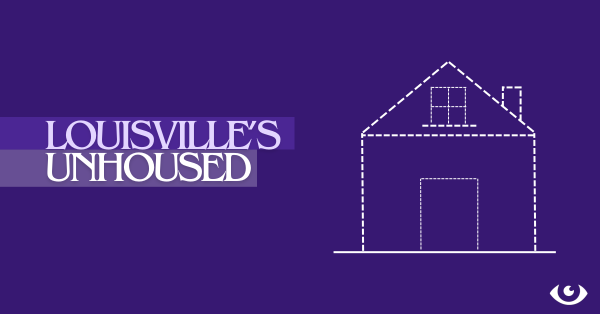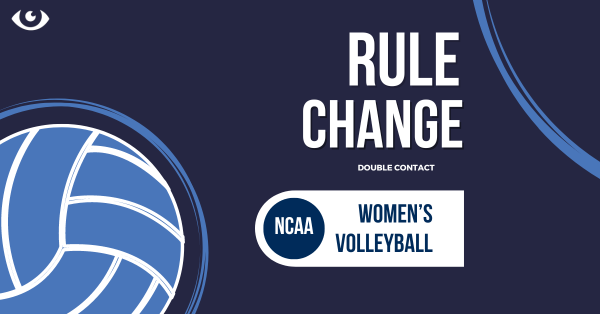OPINION: ACT or SAT? D: none of the above
These standardized tests shouldn’t hold much (if any) weight in college admissions decisions.
February 8, 2022
The College Board has recently announced that, starting in 2024, there’ll be some pretty big changes to the SAT. The standardized test will switch to an entirely virtual format and be shortened to only two hours long (that’s an entire hour shaved off of the original three). Students will also be permitted to use a calculator for the entire duration of the math section.
These changes are doubtlessly influenced by the fact that many colleges and universities are going test-optional, including elite colleges such as Harvard, Columbia and Yale. Both the SAT and ACT have been ingrained in American college admissions since the 50s; however, recent years have seen many questioning whether these tests actually assess aptitude in education or just serve as a barrier for those who can’t afford study materials.
For context, I myself have only ever taken the ACT, but these tests are mostly the same format. They both have a math, reading and writing section and last roughly 3 hours. They require a lot of concentration over an extended period of time. They both put undue stress upon students.
When it gets down to it, neither necessarily measures your comprehension of the material. Knowing how to take the ACT/SAT is what really improves your score. Knowledge that can’t transcend to every student, whether it be to lack of proper (and often not free) resources or not fitting into a particular mold. It cannot always predict how “good” a student will be.
More and more colleges and students alike have realized this, beginning to advocate for the SAT and ACT to not be a requirement for college admissions.
I believe that they should be done away with for good.
One of the biggest criticisms lobbed at the ACT and SAT is that they don’t measure learning that happens in school. In other words, they aren’t reflective in the type of learning that many teachers hope to promote.
“As for what my colleagues and I value, which are problem solving skills, perseverance and problem solving, it’s not accurate to the values that we hope we get across in our lessons,” Mr. Jury (Advanced Precalculus and Honors Calculus) said.
These two tests focus on speed and don’t promote problem solving or how to completely understand material. The math section often boils down to calculator skills and not necessarily how the material is applicable.
Often a different type of studying is needed, since these tests measure a different skill than what is taught. Meaning that extra resources (such as tutors, books and practice tests) are required to get a grasp of the tests and crack the code, so to speak. This often means lower-income students, the students who often rely on getting higher scores on the ACT and SAT for more scholarship money, are presented with an extra roadblock compared to higher income students with access to outside materials.
The ACT and SAT, in essence, don’t reflect the academic merits of applicants. One study found that making admissions tests optional did not impact students’ graduation rates or GPAs in college. Students who did not submit scores were often minorities, lower-income students limit or keep these groups of students out of the college system.
The recent change to the SAT isn’t the first overhaul in even a decade. The SAT revised its content back in 2014 and made it so wrong answers no longer penalized your score and the writing section became optional. In 2021, the writing section was done away with for good, along with SAT subject tests, a previous requirement for some elite colleges.
The College Board has realized that it’s reign in the education market is starting to weaken as many point out flaws in its test that is supposed to act as the marker for a great student. The SAT writing section in particular was found to be seriously flawed, with a study by MIT Professor Les Perlemen finding that it didn’t necessarily reward talent in writing. Rather, high scores were achieved by using favored characteristics (such as quotes of famous people, fancy words and overall writing a large amount) that, regardless of relevance to the topic, earned a higher score on average.
So what’s next? College admissions offices are still flooded with thousands of applications each year and must sift through them all quickly. A simple, recognizable number that tests like the SAT and ACT provided were a perfect solution to this problem; but, with their reliability and credibility increasingly under fire, colleges must find an alternative.
Although I don’t have a great answer for this problem, the college admissions system should be working towards not just a better measure of success, but one that focuses on what’s learned in high school classes.
Education is propagated as the great equalizer, that it is the key to success. There is truth to that. A study conducted by the National Bureau of Economic Research found that lower-income students admitted to elite colleges often end up with similar earnings outcomes as students from a high-income background. However, the SAT and ACT hold back many who deserve the opportunity and who have the ability to succeed. Discontinuing the SAT and ACT alone won’t be the answer to creating a more equitable education system, but it’s a good place to start.


















